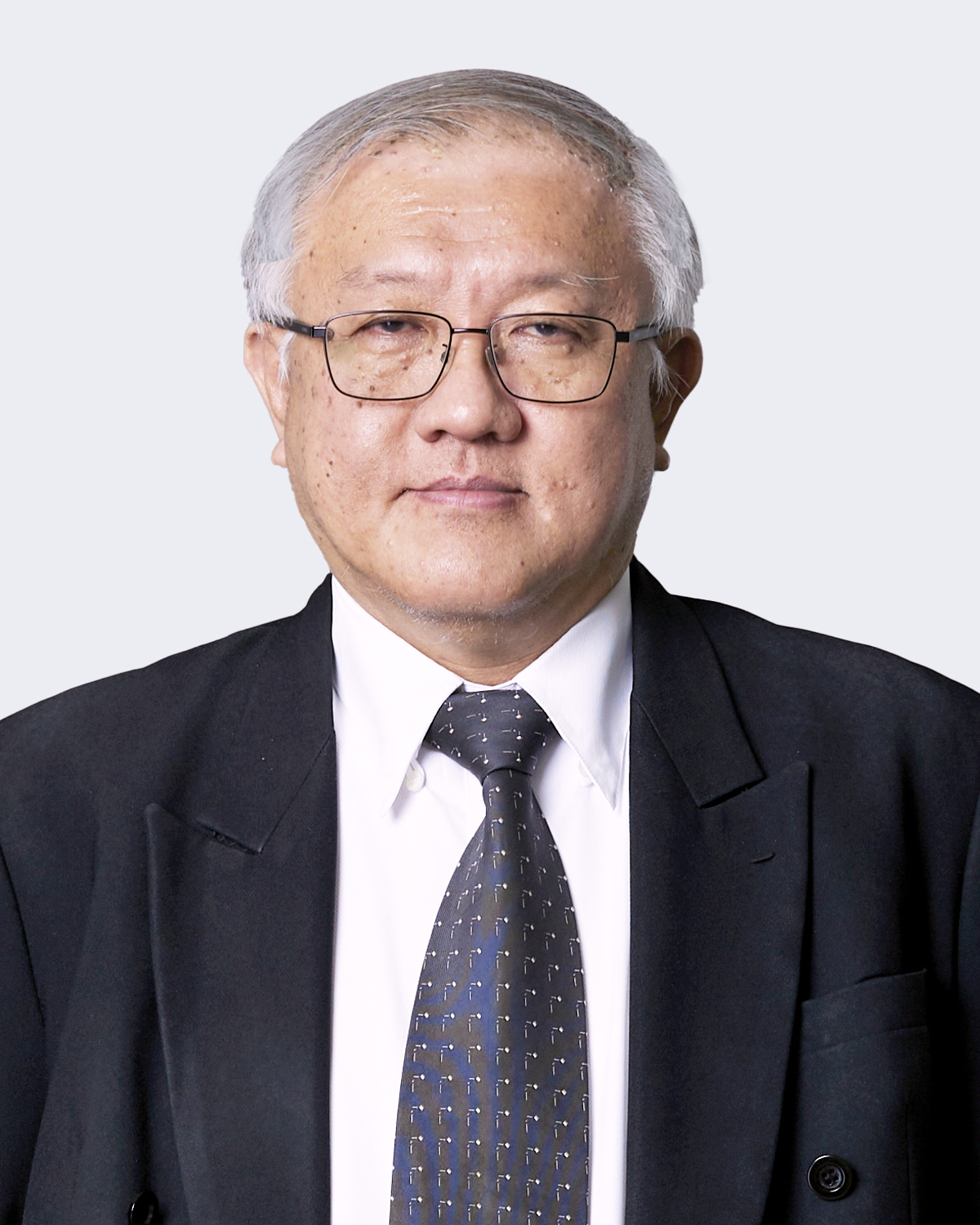On April 28, 2025, a massive power outage swept across the Iberian Peninsula, plunging Portugal, Spain, and parts of southwestern France into darkness for up to ten hours. As Thailand advances its energy transition by increasing renewable integration and regional interconnections, the European blackout serves as a stark reminder of the grid vulnerabilities that still exist.
This article is the third and final installment of From Crisis to Clarity, a three-part series analyzing the recent European blackout and its implications for Thailand. In the first article of the series, we examined the root causes of the outage in the Iberian Peninsula. The second article assessed the likelihood of a similar event occurring in Thailand, considering the country’s current energy infrastructure and its increasing reliance on renewables. The third and final article will present key lessons and recommendations that Thailand can adopt to strengthen its energy system and prevent comparable disruptions in the future.
What Should Thailand Learn from the European Blackout?
The European blackout offers important lessons for Thailand as it advances its energy transition. One clear takeaway is that building a resilient power system goes beyond just adding capacity—it requires investing in flexibility and the ability to respond quickly to unexpected events.
One of the first reactions to the Iberian outage was to blame renewable energy. While it’s true that wind and solar are variable and can complicate grid balancing, the ongoing investigation suggests the core problem lies more in grid structure and operational coordination than in the energy sources themselves. The Spanish experience serves as a warning: without sufficient “inertia”—a term that refers to the ability of the power system to resist changes in frequency when there is a sudden imbalance between supply and demand—or alternative technologies to stabilize the grid, a sudden loss of generation could lead to widespread outages. Urgent upgrades are needed to ensure that grids can cope with the challenges of decarbonization and increased electrification.
The debate in Thailand now centers on how to balance the transition to renewables with the need for grid stability. As Thailand accelerates its decarbonization efforts and increases electrification across sectors, the urgency of upgrading the national grid cannot be overstated. The integration of greater proportions of renewable energy will inevitably test the limits of existing infrastructure. Without timely enhancements to grid flexibility and control systems, the risk of large-scale disruptions will grow.
Another key takeaway from the European outage is the lack of responsiveness in the immediate aftermath of the event; it took a significant amount of time to reconnect the power plants to the grid. Traditional battery storage plays a key role, but newer developments such as supercapacitors and flywheels offer promising solutions for enhancing grid stability. Supercapacitors can store and release energy very rapidly, helping to smooth out short-term fluctuations in power supply and demand. Flywheels, meanwhile, store kinetic energy and can provide immediate bursts of power to stabilize the grid during sudden disturbances.
To address the complexities and challenges associated with these matters, Thailand should consider setting up a professional team similar to ENTSO-E (the European Network of Transmission System Operators for Electricity), which is an organization responsible for coordinating and developing Europe’s electricity transmission network. This team would be responsible for conducting thorough studies and providing expert suggestions to ensure the technical and operational implementation of any relevant initiatives.
The European blackout is a timely reminder that the path to a sustainable energy future is fraught with operational and technical challenges. For Thailand, the key to a successful energy transition lies in building a power system that is not only clean but also resilient, flexible, and responsive. Proactive planning and investment are essential for making Thailand’s energy transition both secure and sustainable.



